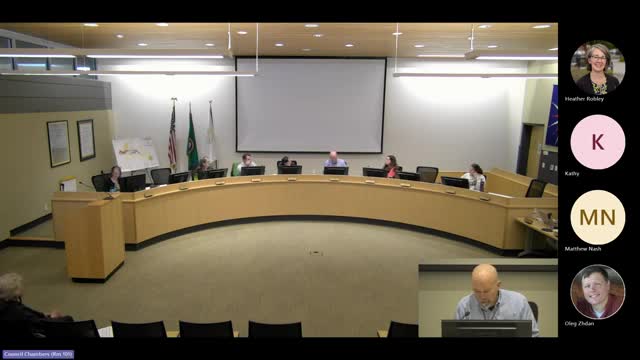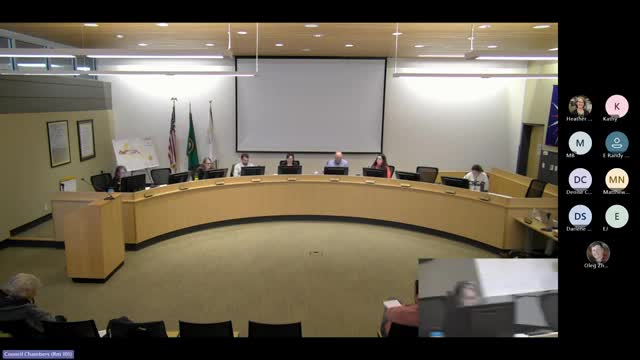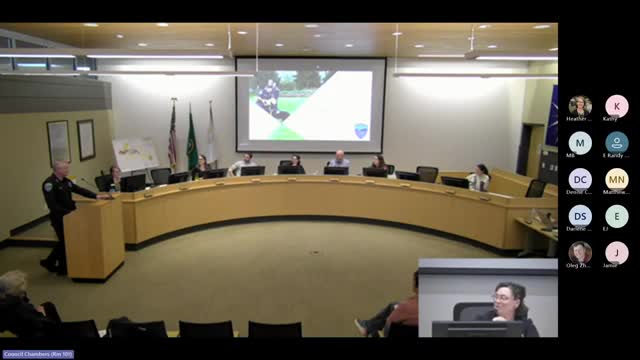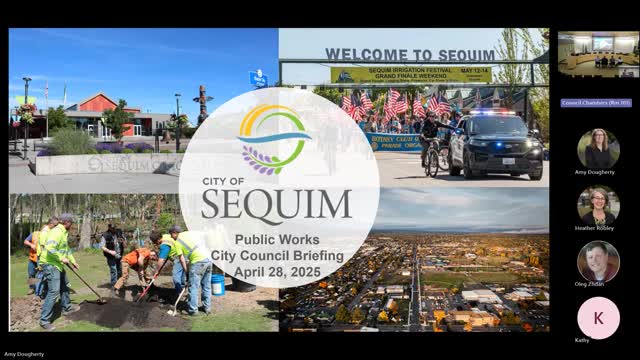Article not found
This article is no longer available. But don't worry—we've gathered other articles that discuss the same topic.

Sequim councilors direct staff to send letter on federal decision impacts after adding local examples

Sequim Police chief highlights staffing gains, accreditation and shoplifting rise in 2024 report

Sequim to move fireworks launch site farther from bald‑eagle nest after staff monitoring

